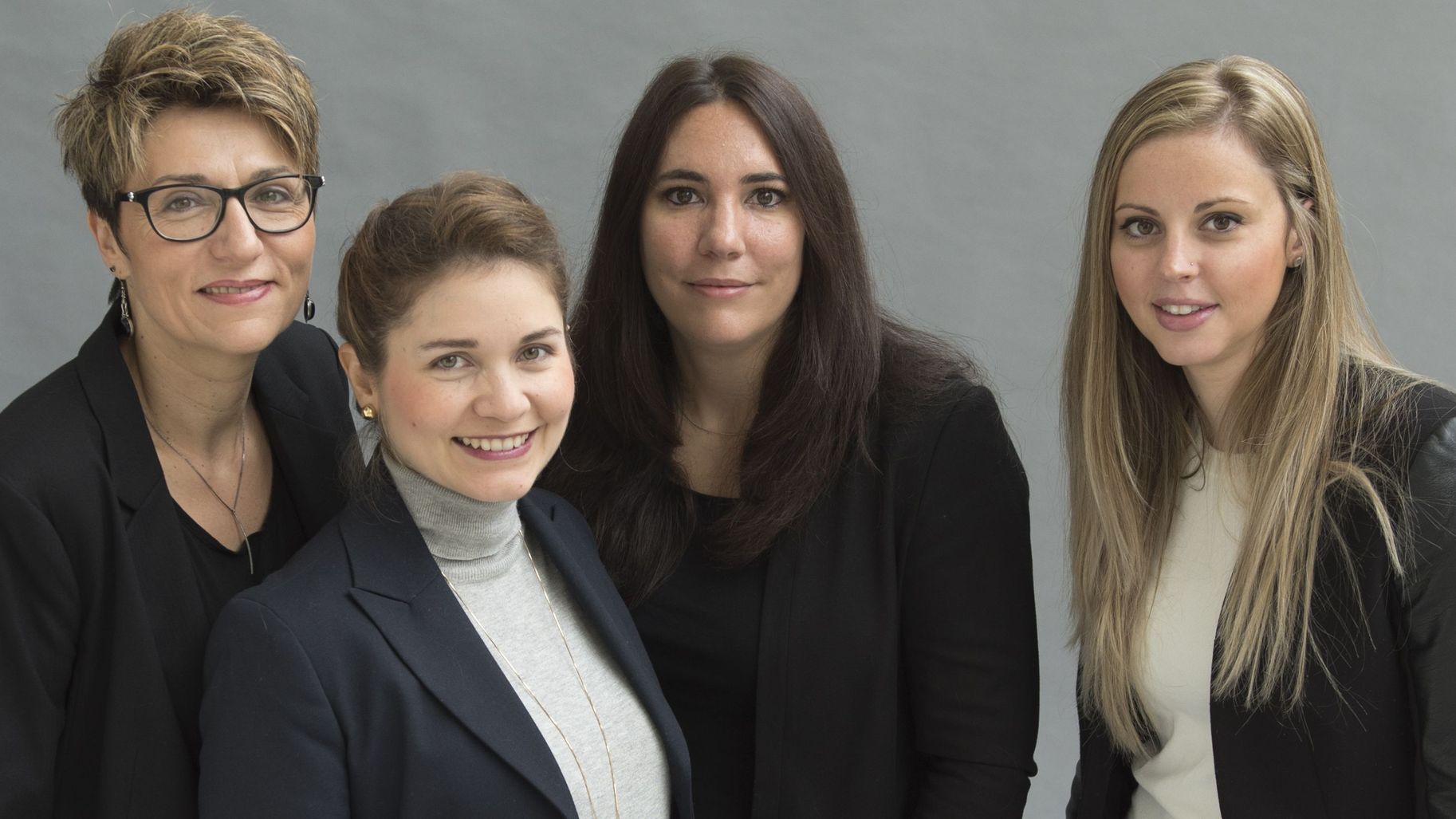International Partnerships Team : Inria Support for Research and Innovation Award
Date:
Changed on 02/01/2020

The roadmap of the European and International Partnerships Department (EIPD) is a vast one. “It involves facilitating the scientific, industrial and institutional relations developed with numerous organisations in Europe and worlwide and enabling the institute to benefit from the financing of the European framework programme Horizon 2020 ”, Thierry Priol, director of European and International Partnerships, summarises. The EIPD is responsible for the implementation of the institute's European and international strategy. “On a day-to-day basis, our activities address pluralist issues since we contribute to the institute's international influence and to the strengthening of its scientific potential whilst facilitating the mobility of the researchers, whether from Inria or from organisations with which we cooperate. ”
On the influence/scientific strengthening side, the EIPD relies in particular on the ‘Associate Teams’, which bring together researchers from Inria and elsewhere around joint projects. “We currently have 89 Associate Teams, almost half of which are with North America. Each team is established for a period of three years, renewable once, and granted a total budget of €30-50,000 ”, Thierry Priol explains. “Many of them are currently grouped together within International Labs; laboratories we have started to put in place in order to provide structure to our strong collaborations abroad. ”
True partnership platforms adapted to the realities and specific contexts in which they are established, the International Labs enable the supervision and financing of the collaborations developed with foreign organisations through the mobilisation of the various tools available to the EIPD: Associate Teams, sabbaticals stays, International Chairs, postdocs and internships. There are currently seven International Labs: in Chile (Inria Chile), China (Sino-European Laboratory in Computer Science, Automation and Applied Mathematics - LIAMA), the United States (Joint Laboratory for Extreme Scale Computing - JLESC - and Inria@SiliconValley), Africa (International Laboratory for Research in Computer Science and Applied Mathematics - LIRIMA), Switzerland with the Swiss research institute École polytechnique fédérale de Lausanne (EPFL) and, more recently, in the Netherlands with the national research institute Centrum Wiskunde & Informatica(CWI).
On the mobility front, the cluster's activities revolve around three main schemes: on the one hand, the sabbatical programme for Inria researchers - with around 50 stays of between six and 12 months funded over the period 2013-2016 - and, on the other hand, international chairs and internships. “The latter two tools make it possible to enrich Inria's 'portfolio' of talent and expertise ”, Thierry Priol explains. With the implementation of international chairs, Inria is thereby encouraging long stays by eminent international researchers within its project teams. The Internship programme, for its part, aims to strengthen Inria's scientific collaborations through welcoming and training outstanding students from partner institutions.
A set of tools that are in high demand...for a small and very active team! Each partnership officer is in charge of a specific geographical area that, as a result, benefit from their expertise: Asia, Oceania and Russia for Angélica Biard, the United States and Latin America for Tania Castro and Africa, the Middle East and Canada for Laura Norcy in addition to bilateral relations with Europe. Moreover, they manage the programmes developed by Inria in order to strengthen its international partnerships. Laura Norcy therefore deals with international chairs and the sabbatical programme, whilst Angélica Biard manages the Associate Team programme. Julie Pomponne, EIPD management assistant, not only ensures the smooth administrative and financial running of the entire department, but also provides assistance to the partnership officers with the implementation of their different projects, in particular with regard to logistical aspects. Julie Pomponne is also in charge of the Internships programme and the monitoring of the postdocs allocated to support the International Labs.
The entire international partnerships team has also worked in close collaboration with Inria's Information Systems department (in particular Caroline Laury - SEISM) in the development and implementation of an internal information system - DRISI - enabling the management, via an online platform, of the different EIPD programmes.
“From contracts to exchanges with partners, to seeking financing, monitoring the activity of the International Labs, the development of communication materials or the organisation of scientific workshops and exploring new opportunities for collaboration - international partnerships could not be more dynamic , Thierry Priol explains. However, these diverse missions have a common goal: we want to be catalysts and facilitators serving the institute's researchers. We are very proud that this commitment has today been recognised by the Inria Award. ”